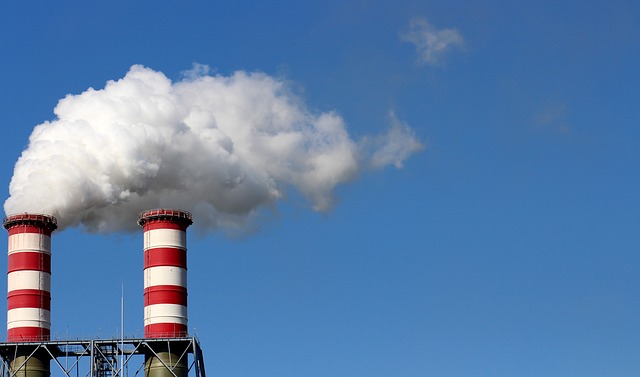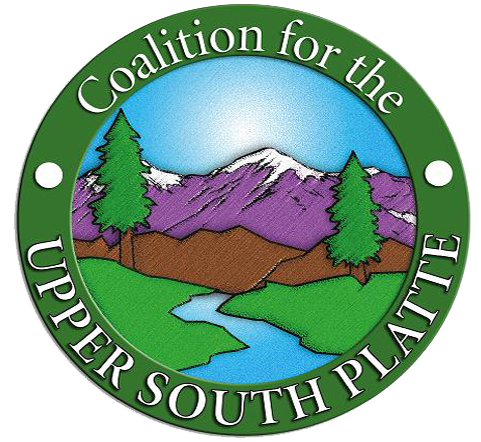
In Partnership with RenewWest CUSP has been exploring Carbon Offset Protocols for the voluntary carbon markets. There are two protocols under development: The Biomass Fuels Replacement project that seeks to modify the United Nations CDM AMS I.C protocol to aid funding for forest fueled biomass replacement of fossil fuels for thermal (heat) generation. And the Avoided Wildfire Offset Protocol now completing development with Spacial Infomatics ( SIG ), for submission to the American Carbon Registry ( ACS ) the summer of 2017. This protocol aims to provide needed additional funding to forest mitigation projects.
A carbon offset credit is a quantification of the reduction of fossil fuel created greenhouse gasses in avoided Carbon Dioxide equivalent (CO2e) Tons. These equivalent Tons are sold as offset credits to carbon producers and other interested parties.
By utilizing carbon markets we anticipate two additional funding streams in the form of substitution credits from burning renewable biomass in lieu of natural gas and in the reduction of fire potential and intensity through the reduction of forest fuels within the project focus area. Furthermore, by developing an additional carbon offset protocol focused specifically upon forest fuels reduction, there is
a significant opportunity to further make biomass fuels cost competitive with fossil fuels.
Biomass Fuel Replacement
The Biomass fuel replacement project will offer a new path for Colorado Organizations who want to use renewable biomass fuels from forest management, but can’t do so economically in the face of low cost fossil fuels. In our current global economy non-renewable energy has an advantage in that it’s cost does not reflect the toll it takes on our environment and our future. Biomass is considered a “carbon neutral” fuel that has recently absorbed the carbon it is made from directly from our contemporary atmosphere. The burning of fossil fuels releases carbon that was long sequestered in the planet’s crust. This gives rise to the ever increasing carbon dioxide load in our atmosphere. A Biomass offset could help to level the playing field by making the environmentally positive choice, an economically wise choice as well.
Avoided Wildfire Offset Protocol
The purpose of the Avoided Wildfire Carbon Offset protocol is to create a new funding stream for forest mitigation projects. This is a joint protocol developed by SIG and CUSP to apply to forest fuels treatments in California and Colorado, and the western states. An Integral part of this protocol for Colorado is the Modified Fire Return Interval Map of Colorado, developed by CUSP and the AnchorPoint Group ( APG ).
The Fire Return Interval map and documentation is publically available: HERE
Image used under the Creative Commons License
